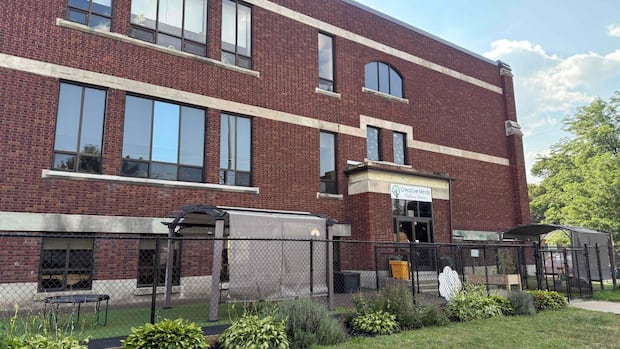Malaria Scare in New Jersey: First Possible Local Case in Decades Prompts Investigation

New Jersey health officials are scrambling to investigate what could be the first locally acquired case of malaria in over 30 years, sparking concerns among residents. While the mosquito species known to carry malaria is present in the state, confirmed local cases have been exceptionally rare, making this potential incident a significant development.
What is Malaria and Why the Concern?
Malaria is a serious, life-threatening disease transmitted to humans through the bites of infected Anopheles mosquitoes. Symptoms typically include fever, chills, headache, muscle aches, and fatigue, often appearing 10-30 days after the mosquito bite. If left untreated, malaria can lead to severe complications and even death.
The Investigation: What We Know So Far
The New Jersey Department of Health confirmed they are actively investigating a suspected case of malaria. Details regarding the patient's identity and location are being withheld to protect their privacy. However, officials are working to determine how the individual contracted the disease, focusing on whether it was acquired locally or through recent travel.
“We are taking this potential case very seriously,” stated a spokesperson for the Department of Health. “Our team is working diligently to gather information, trace potential sources of infection, and implement measures to prevent further spread.”
The Mosquito Factor: Anopheles in New Jersey
The Anopheles mosquito, the primary vector for malaria transmission, is indeed found in New Jersey. While not as prevalent as other mosquito species, they are established enough to pose a potential risk, particularly in areas with suitable breeding grounds (standing water).
Historical Context: Rare Local Cases
Historically, malaria cases in New Jersey have been linked to travel to malaria-endemic regions, such as Africa, Asia, and South America. The last confirmed locally transmitted case of malaria occurred several decades ago, highlighting the rarity of this situation.
What Residents Can Do: Prevention is Key
Health officials are urging residents to take precautions to protect themselves from mosquito bites, regardless of this potential malaria case. These measures include:
- Using insect repellent containing DEET, picaridin, or oil of lemon eucalyptus.
- Wearing long sleeves and pants when outdoors, especially during dusk and dawn when mosquitoes are most active.
- Eliminating standing water around homes and properties (flower pots, gutters, old tires) to prevent mosquito breeding.
- Ensuring windows and doors have screens in good repair.
Looking Ahead: Ongoing Monitoring and Public Health Response
The Department of Health will continue to monitor mosquito populations and conduct surveillance for malaria cases. They are also working with local health departments to raise awareness and provide guidance to healthcare providers. The investigation is ongoing, and updates will be provided as more information becomes available. This situation serves as a reminder of the importance of vigilance and proactive measures to protect public health in the face of emerging infectious diseases.
Stay Informed: Resources for More Information






